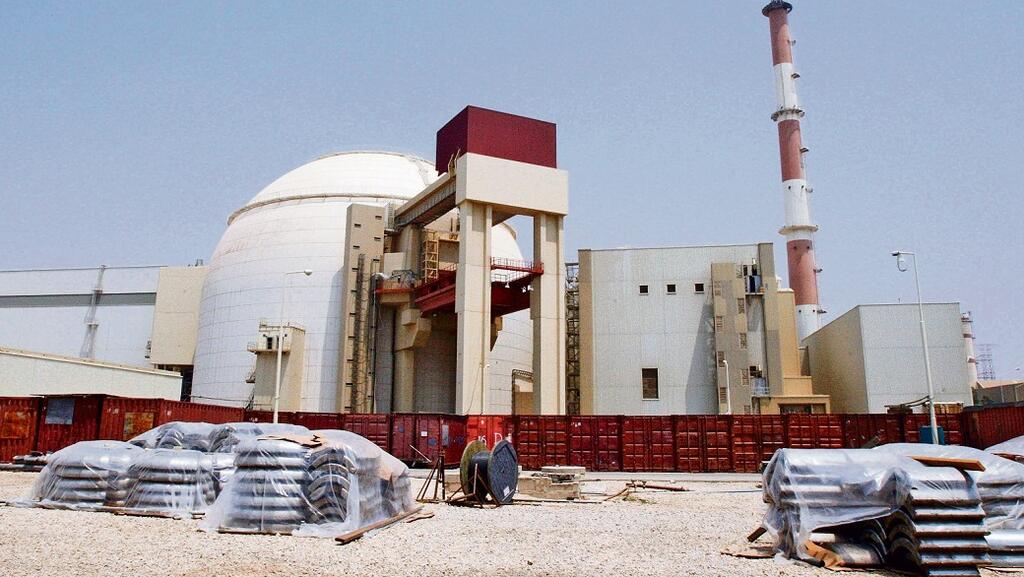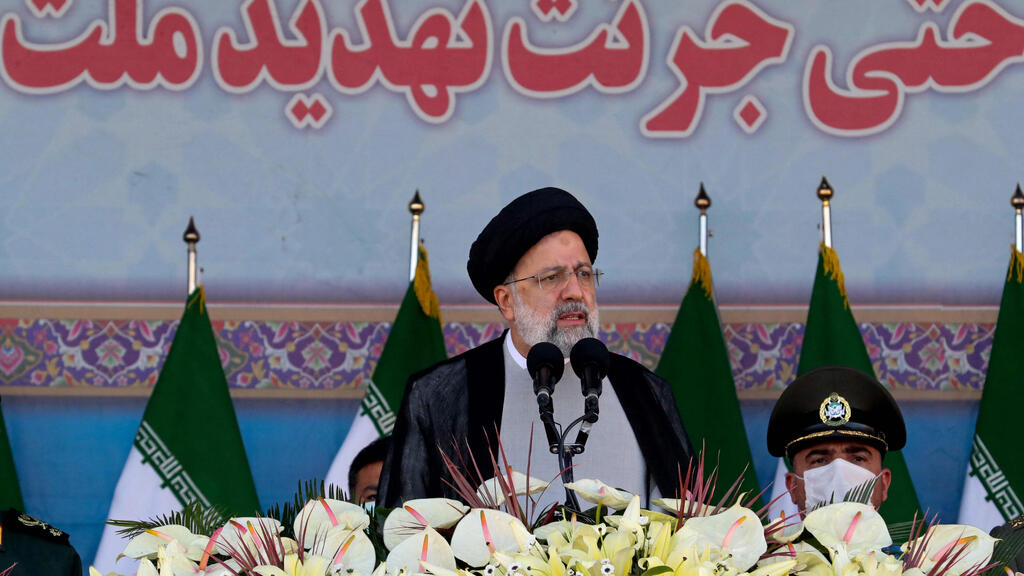Getting your Trinity Audio player ready...
If one day, God forbid, Iran attains a nuclear bomb, Israel will have to look back and reflect on its behavior and how it helped to make this existential threat of a nightmare a reality.
The Iranian threat, which the greatest minds of the modern world were set out to deal with clean of self-interests, has turned into Israel's March of Folly. This is a term coined by American historian and author Barbara W. Tuchman, who defines folly as "the pursuit of policies contrary to government's own interests, despite the availability of feasible alternatives."
Let's start with the nuclear agreement between Iran and the West, from which former U.S. President Donald Trump withdrew in 2018 while Israel egged him. The dissolution of the agreement essentially allowed Iran to increase its enrichment of materials needed for bomb construction.
It's unlikely that anyone with a bit of common sense thinks that the nuclear deal, as problematic as it may be, isn't preferable to the current situation. This deal could hinder Iran's enrichment enterprise, renew international supervision, and most importantly - eliminate the option in which Iran decides to go through with manufacturing an atomic bomb.
The current Israeli government, however - like the last one - continues to fight the nuclear deal. Maybe it is because no one wants to be seen as "weak" when it comes to the Iranian threat. Or maybe it's due to the desire to improve the deal and further Iran from a bomb. The second reason has long ago gotten lost in other interests, which are ironically much less important in comparison to the Iranian nuclear threat.
Israel's campaign against Iran has evolved from a tool used to stop it developing nuclear weapon to a goal in its own right. And now, government officials are being debriefed on the campaign "of death by a thousand cuts" that's supposed to deal a fatal blow to the Iranian nuclear program down the line. The campaign refers to the way a major negative change is not perceived as objectionable when it happens slowly in many barely noticed events.
Hence, we aren't seeing any major assassinations that could trigger Iran into withdrawing from the nuclear talks.
Not long ago, officials were notified of cyber attacks on Iranian gas stations, through which Israel - allegedly - is trying to cripple the upper socio-economic classes in Iran in hopes to influence the regime. In some other context you could call it terror, and in all contexts you can call it folly.
4 View gallery


An Iranian colonel shot dead in Tehran by assailants alleged to have been members of Mossad
The root of the problem is in Israel's fixation on the use of force as the only way to accomplish any political goal; Targeting the honest consumer or utilizing aggressive language. This mentality is exemplified by former IDF Chief of Staff Moshe Ya'alon, who said, "we'll bring the regime to a point in which it will have to decide between a bomb and survival."
Iran is a large and influential country, with a long and complex history, and vision to become a regional power. Israel won't bring Iran to its knees, neither will it crush its nuclear plans through costly military operations.
There's no argument on the level of danger Iran would pose if it attains a nuclear bomb, and everything must be done to avoid such a scenario. But, this can't be done using essentially terror.
Iran borders with Pakistan, a Sunni nuclear power, as well as with a regional Sunni superpower - Turkey. It has common interests with Russia, and deep-rooted regional rivalries. This kind of enemy must be confronted with composure, with a well-thought widespread campaign, and one goal in mind: how to distance its regime from deciding to attain a nuclear bomb.
History has taught us that those who set their minds to attaining a nuclear weapon, do so. Iran is giving the impression that it has yet to make a final decision on whether it actually wants that. Instead of concentrating all resources on trying to prevent it from reaching such a decision we're merely applying more and more force.
This tactic only makes Israel more disconnected from the negotiation process that's happening between Iran and world powers, and could actually push Tehran in the direction of the unfavorable decision. This isn't the first time Israel has taken a foolish path, but this time it could lead to detrimental and irreversible consequences.




